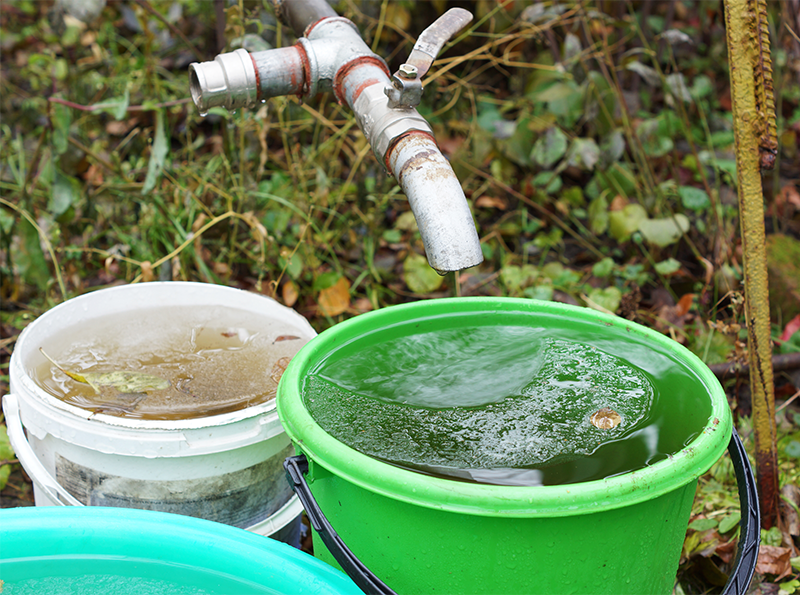After a hot and sticky El Niño summer, some rain was much appreciated during Hawaii’s fall season. However when there’s rain, there are puddles. And when there are puddles, there are mosquitos. If infected, a single bite from these small midge-like flies can spread a viral infection called dengue.
Although it’s typically not endemic or common in Hawaii, the disease can be transmitted to mosquitos that have bitten infected travelers from endemic areas – Puerto Rico, Latin America, Southeast Asia and the Pacific. Humans who are infected typically suffer from high fever, headache, nausea, muscle aches, bone and joint pain and a red rash. Transmission cannot occur between humans.
This fall, the Hawaii State Department of Health considers the entire island of Hawaii to be at risk of the infected mosquitos and without proper prevention, could spread to other islands. It’s important to keep the risk of dengue in Hawaii low and protect yourself from mosquito bites.
Eliminate mosquito breeding sites:
 • Change standing water at least twice a week in bird baths, potted plants, fountains, and animal troughs.
• Change standing water at least twice a week in bird baths, potted plants, fountains, and animal troughs.
• Clear storm drains and other outdoor drains of leaves and lawn cuttings.
• Do not over water your plants or yard, and do not leave standing water in yard or paved areas.
• Clean clogged gutters to allow proper drainage.
• Spread out mulch so water does not collect in fallen leaves.
• Use larvicide (available at your local garden center) to kill mosquitos in ponds and water-filled ditches.
• Repair torn window and door screens and keep attic vents closed.
• Empty pool covers and tarps.
• Place toys and open containers under cover.
• Empty anything that holds standing water like tires, wheelbarrow, and trash cans.
• Fix leaky outdoor faucets and sprinklers.
Also remember these simple steps to protect yourself and your family and friends from mosquito bites:
• Apply insect repellent when you’re outdoors (follow directions carefully).
• Wear long pants, long sleeve shirts and socks when in a potential mosquito breeding site.
• Avoid going outdoors at dawn and dusk when mosquitos are most active.
The State’s Department of Health Disease Outbreak Control Division continues to investigate any reported dengue fever cases on all islands. If you are concerned that you may have related symptoms, it is recommended that you contact your healthcare provider.




